LACK OF MEDITATION

What is “Lack of Meditation”?
Lack of Meditation is the inability to take the time to think your actions through before carrying them out. By not thinking your actions through, you will also be in danger of not considering the consequences that can come from your actions.

How do I manage my Impulsive “Lack of Meditation”?
Managing “Lack of Meditation” involves taking the time to think about your actions. There are 3 strategies you can try for this: STOP&THINK method, Meditation AND Reflection. Each one can be found under the tabs above.
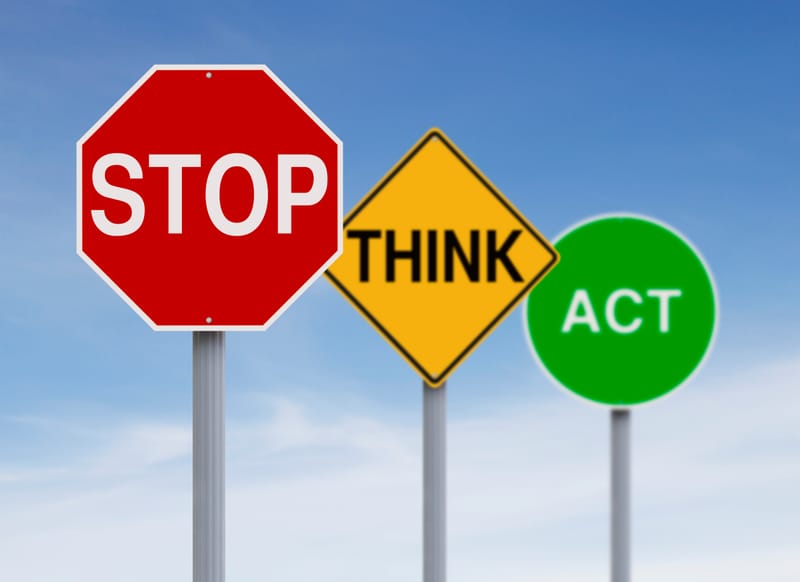
How can the “Stop & Think Method” help with Impulsivity?
The “Stop & Think Method” is the first step in dealing with Impulsivity. It is all about becoming aware about what you are doing or about to do. It involves considering whether these actions are right or wrong and whether it is worth doing them at all because if you don’t think it through, it can lead to consequences. Below is a step by step process going through the entire “Stop & Think Method”.
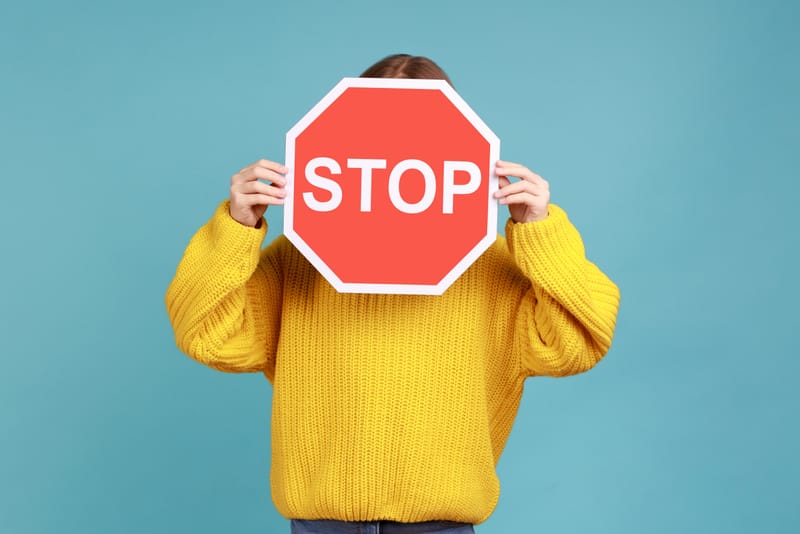
Stop
Firstly, STOP whatever you are doing as long as it is SAFE to do so. Tell yourself mentally to STOP and go sit down somewhere away from the situation you stopped yourself from. Now you can start to THINK.
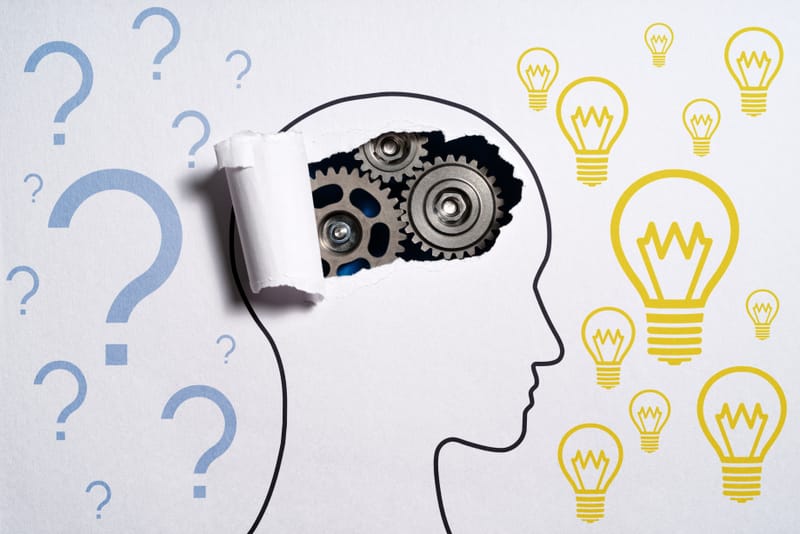
Think
THINK about what the actions you were doing or were about to do. By this, we mean go through the steps you were going to take such as what you wanted to say and how you were actually going to make it work. Write these things down if you have to. The idea of this is that you want to tell yourself that if something is worth doing then it is worth doing right.
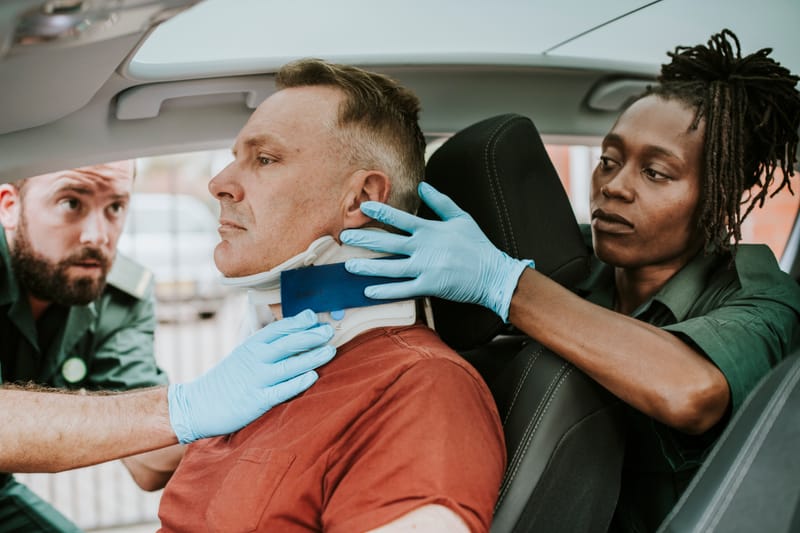
Consider the Consequences
Failing to take control of our Impulsivity can lead to many Consequences. Consequences such as: what you say can offend people and can hurt your reputation (what people think about you), what you do can lead to you getting yourself or others hurt but even worse can end in your death and what you get can end up with you having something you don’t need along with wasting your money.
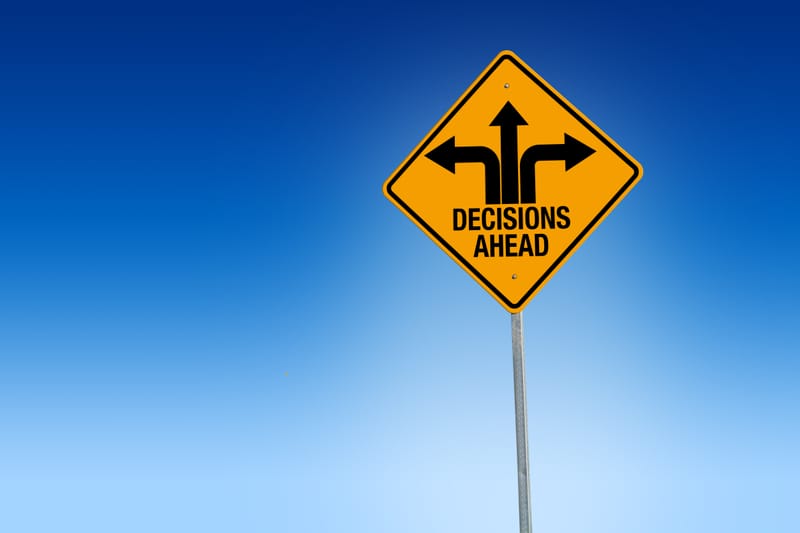
Look for an Alternative
There will always be an Alternative to your impulses but these depend on the impulsive decision you are trying to make. There are at least 3 types of decision you could be making and they are: What to Say, What to Do and What to Get.
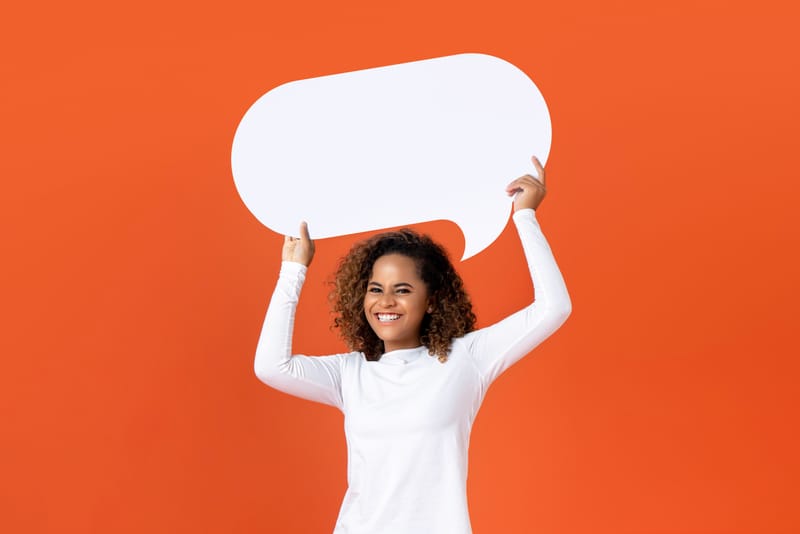
What to Say
Some of Alternatives of “What to Say” are: Avoid topics of conversation that are negative/offensive such as anything about appearance, focus on finding out what you have in common with others rather than your differences, don’t ask people for more information on something that is making them feel uncomfortable and consider whether knowing something about another person is necessary for you to live your life.

What to Do
Some Alternatives of “What to Do” are: Ask yourself whether you need to do this (will your life truly be better because of it), look for an easier or simpler way to do it and prioritise your life as well as other people’s lives over the need to do something especially if it is dangerous (somethings aren’t worth risking your life over.
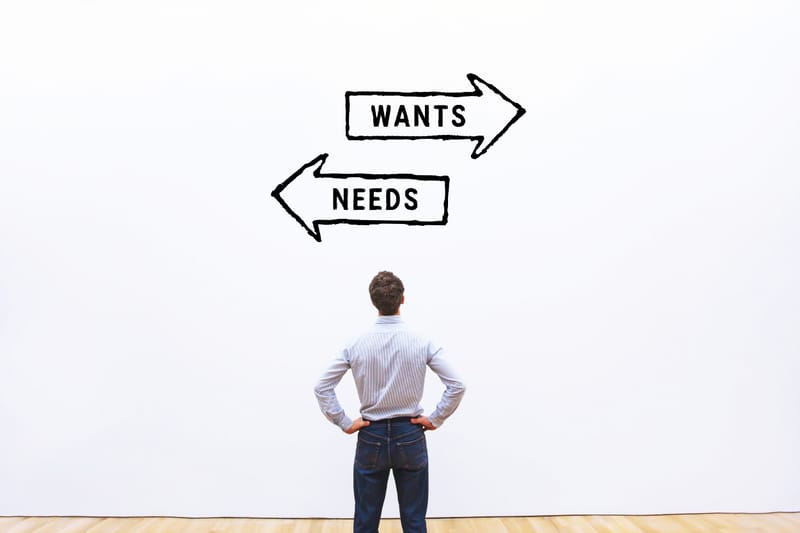
What to Get
Some Alternatives of “What to Get” are: Consider if what you want to get is necessary to improve your life, choose to get something that is practical rather than what looks cool, prioritise technique (knowing how to do something) rather than getting something that is expensive (the best scissors don’t make you the best barber) and avoid getting anything at all if you can get it another time or you feel desperate to do so.

How can “Meditation” help with my Impulsivity?
In order to deal with Impulsivity, you need to focus your mind so you can think clearly. By being able to think clearly, you can make better decisions about what your Impulsivity is driving you to do. Meditation is a technique that will help you to focus when feeling unable too. Below, you can find steps to help you do Meditation.

Find a Quiet Place
At home, finding a Quiet Place won’t be too hard as you can go into your bedroom or a room you know not many people go into. If you are out in public, try looking find a public quiet place or safe space as many places now offer these types of rooms for accessibility purposes. A Quiet Place is preferable but if you can’t find a quiet place then somewhere you can sit down, even a toilet for example will suffice.
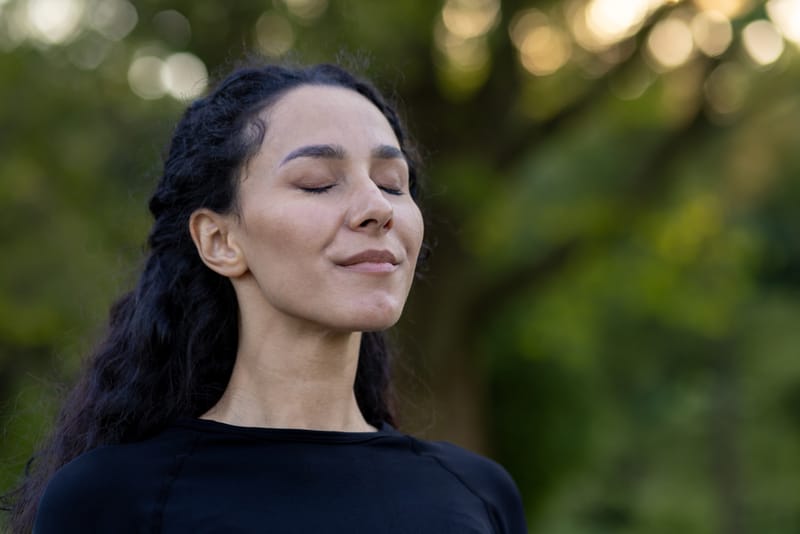
Close your Eyes
It helps to Close your Eyes so you won’t get distracted by things around you that will stop you focusing. If you are not comfortable with closing your eyes then find a focus point, something you can focus on staring at for the duration of the meditation.

Play Relaxing Music
Relaxing music such as ambience or soothing sounds (like a waterfall) can further help you relax so you can focus. If you are out in public then use headphones to keep the music and meditation person as well as not irritate other people with your music (some people can be quite petty about this).
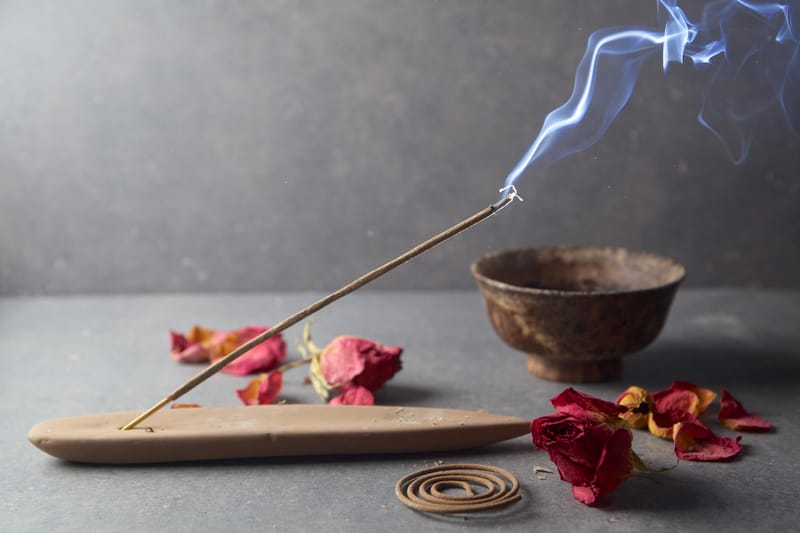
Use Incense
Incense is used to stimulate your sense of smell to help you relax. Incense can really only be done at home as it may cause problems out in public. Incense can be something like joss sticks, incense cones, scented candles or diffusers. If you are lucky, you might find a quiet place or safe space which has these things in there, namely diffusers.
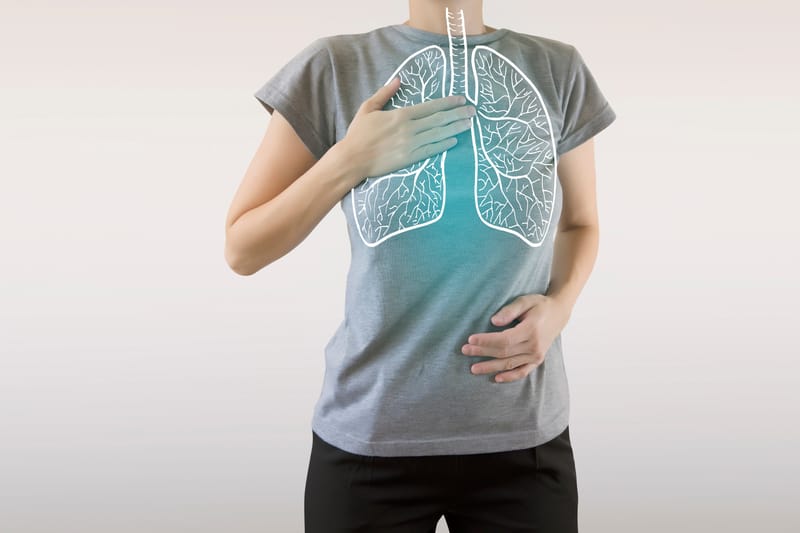
345 Breathing
Now we are ready to begin meditation. To start, breath in through your nose for 3 seconds. Hold the breath for 4 seconds and then breath out through your nose or mouth for 5 seconds. Repeat this 7 times and you should start to feel calmer. After the 7 breaths, you can start reflecting on your impulses and at the same time keep doing the 345 breathing. The best way to reflect is by using Hindsight.
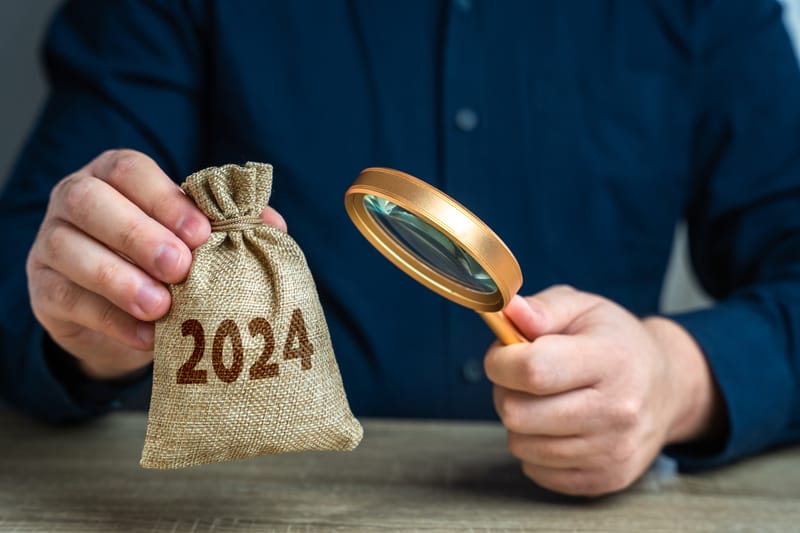
How can “Hindsight” help with my Impulsivity?
Hindsight is about reflecting back at what you have done and seeing what you can learn from it for next time as we cannot change the past, only the future. Below, you can find steps to help you reflect in Hindsight.
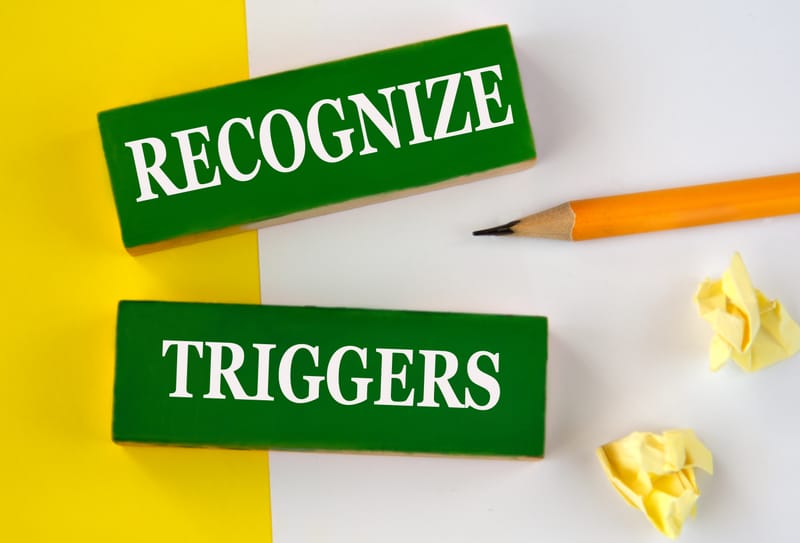
Think about what Happened
The first thing to do is to remember what happened when you felt your impulsive. What were you going to do or have already done? Why did you do it or why did you want to do it? How did you feel afterwards? By answering these questions, you can start look for what triggered your impulses.

What Triggered this Impulse?
There are at least 3 ways impulses can be triggered: Pressure, Ego and Desire. If someone tried put push into doing something too quickly through making you feel guilty about them or by offering you a deal/sale with a time limit to make you feel regret, this is Pressure. If you let someone push you into something because they called you weak or you want to do something to look cool, this is Ego. If you think something looks cool and you really have to have it, this is Desire. Knowing these triggers is the key to managing Impulsivity.
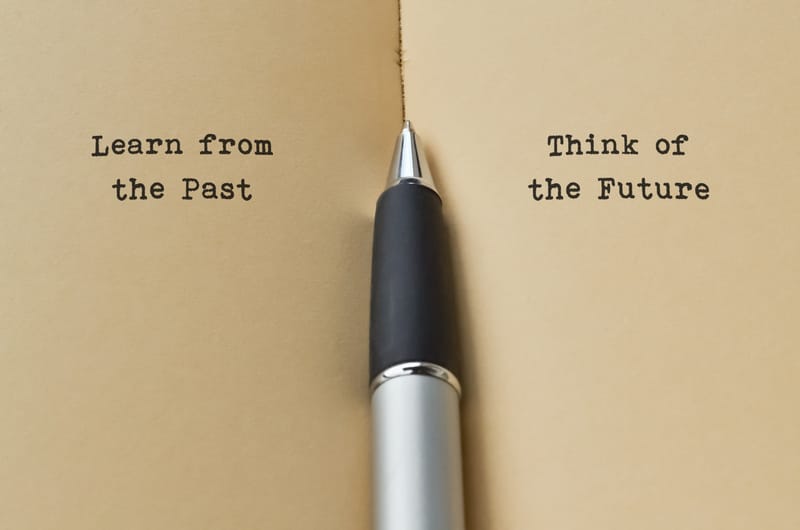
Has this ever happened before?
Try to remember similar situations when your impulses were triggered. Can you remember where you where? When it actually happened? What you were doing or about to do? Who was with you or who did you meet? What was said between you and them? How did it end? By remembering what happened before, we can learn to become more aware of our triggers.

Can you see a pattern between what triggered this Impulse and what triggered it in the past?
Autistic people are very good at recognising patterns which is what we can now use to identify what things in our own personal lives that trigger us individually. Did you similarly feel guilty or regretful? Were you similarly worried about looking weak? Did you similarly feel the need to look cool? Did you similarly see something really wanted and got it? MOST IMPORTANTLY: Did you do anything about these impulses in the past? If you did, how did you do it?

Use what you have learned to change the way you deal with Future Impulses
With what we have looked at using Hindsight, the important thing now is to use this information to change our thinking. For example, if someone is trying to guilt you into doing something or make you regret not doing it then say no to them and get away. Another idea is, if someone is calling you weak for not doing something then first consider if it is dangerous or illegal, if it is either these things then say no and avoid these things and the people pushing you into it. If it’s not dangerous, then ask yourself what you can gain from it: if the gain is coming out of your comfort zone do it, if its for an ego boost- don’t.
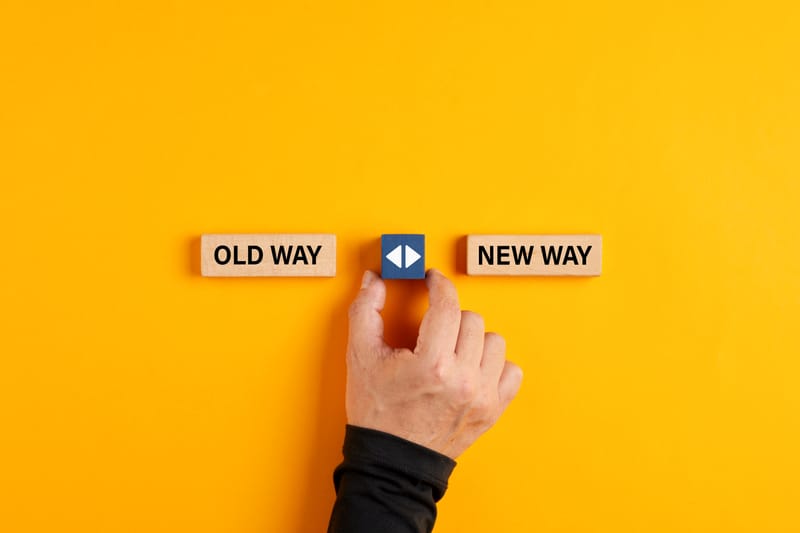
Use what you have learned to change the way you deal with Future Impulses Cont.
If you are doing something just to look cool, then ask yourself: who are you trying to impress and why? If you are trying to look and act cool to impress others then you will not look cool, instead you will look foolish and obnoxious (extremely unpleasant) as people know when you are doing this. Finally, if you see something you want and need to have then you need to think practically which means to ask yourself: Why do you need it? How will you use it? Will it make your life better? and Where will you put or store it? These ideas come from my Hindsight and Hindsight is one the most basic ways we learn.
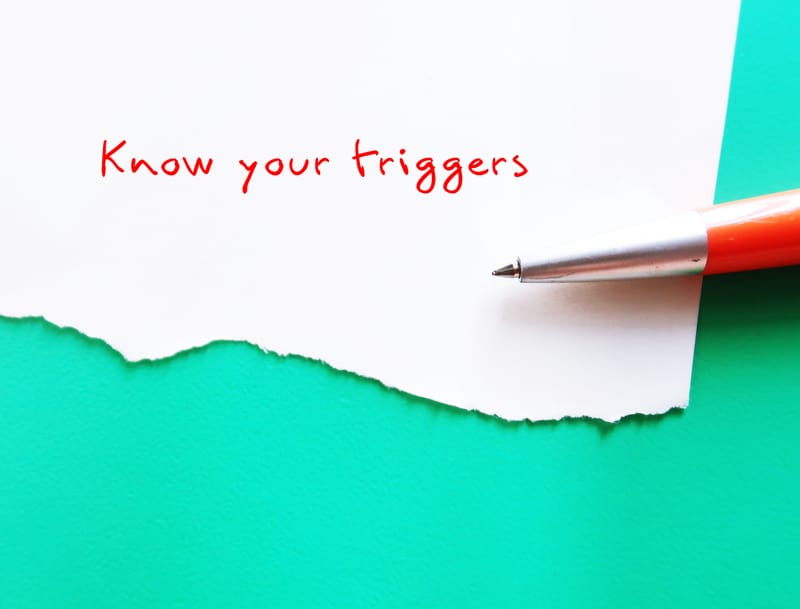
It’s all about knowing your Triggers
Impulsivity happens because something triggered it. If this Trigger is what causes it to happen, then understanding what triggers us is what will keep our impulses in check so know your triggers or learn from your past impulses and triggers to decrease Impulsivity in the future.